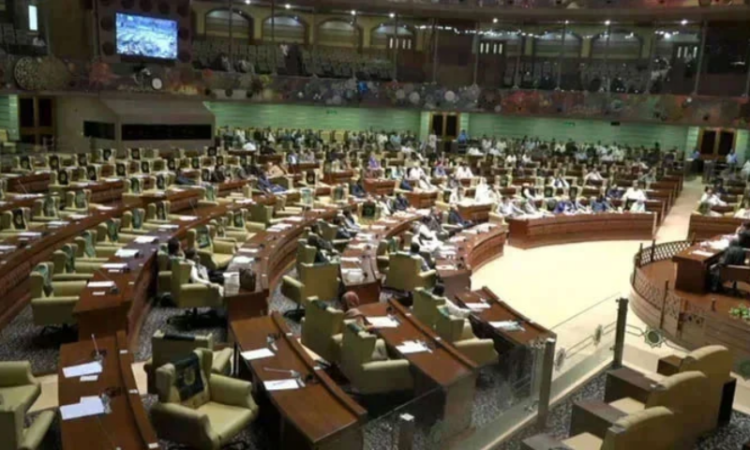Karachi, February 3, 2025: The Sindh Assembly on Monday passed the Agriculture Income Tax Bill 2025, following its approval by the provincial cabinet chaired by Chief Minister Murad Ali Shah. The law, set to take effect from January 2025, introduces a progressive taxation system on agricultural income while exempting small landholders.
Addressing the assembly, CM Murad Ali Shah revealed that the International Monetary Fund (IMF) had warned Pakistan of potential default if the bill was not passed. He stated on the assembly floor that the IMF had made it clear that their team would not visit the country unless the bill was enacted into law.
Criticizing the Federal Board of Revenue (FBR), the chief minister said the institution has been riddled with corruption and has consistently failed to meet revenue targets. He emphasized that while the FBR was initially suggested as the tax-collecting body, the Sindh Revenue Board (SRB) would be responsible for collecting the tax instead.
Expressing concerns over IMF’s understanding of Pakistan’s agricultural sector, he remarked that international financial institutions do not recognize the distinction between a Hari (tiller) and a landowner.
The bill establishes Rs150 million as the tax-free income threshold for agricultural earnings. Income exceeding this amount will be taxed progressively, with a 1% tax imposed on earnings between Rs150 million and Rs200 million, and a 10% tax applied to income exceeding Rs500 million. The Sindh government has decided to exclude livestock from the agricultural income tax.
The law also introduces provisions to adjust taxes in the event of natural disasters and imposes penalties on individuals who attempt to conceal cultivated land.
During the cabinet meeting, concerns were raised that the tax could lead to an increase in food prices, particularly for vegetables, wheat, and rice. However, the provincial government assured that steps would be taken to mitigate any adverse effects on consumers.
Punjab and Khyber Pakhtunkhwa assemblies have already passed the agriculture tax bills.








